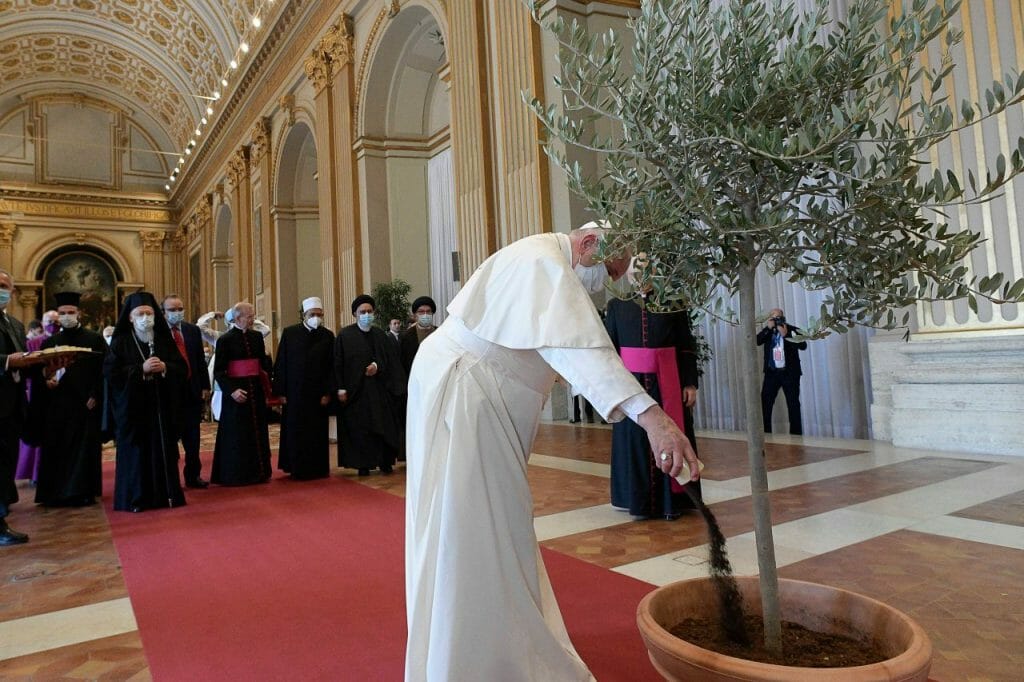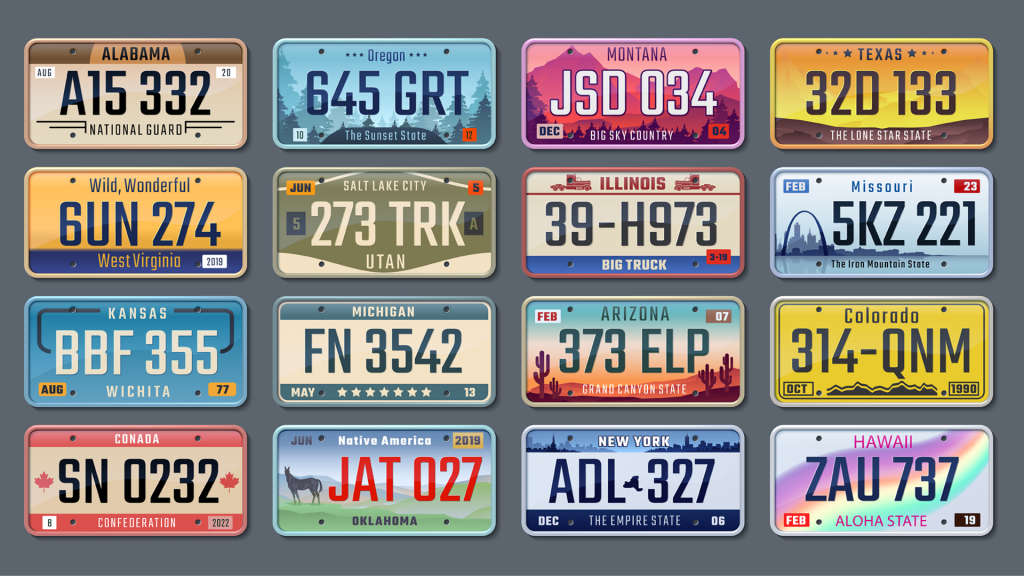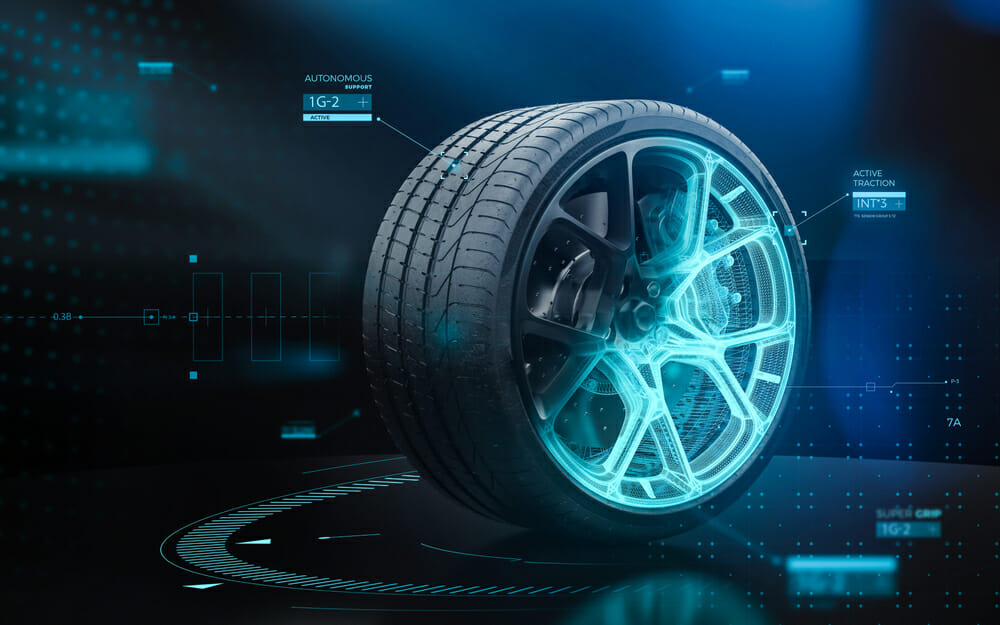If you planned on driving a used car instead of something more modern, then buckle-up, because the United Nations wants to regulate them and send them to the scrap yards.
In the build-up to the highly anticipated climate change meeting COP26 beginning on Halloween, the United Nations Environment Programme (UNEP) says nations pledging to phase out conventional gasoline and diesel fuels is not enough, and brings to our attention that used cars are also a problem in erasing harmful emissions; and lead to “more accidents and fatalities.”
Head of the Sustainable Mobility Unit for UNEP, Rob de Jong, contends it will be impossible for the world to reach net-zero emissions unless the used car trade is regulated, he explains.
Over the years, as demand for affordable, second-hand cars has grown in developing countries, we have seen an increase in the export of polluting, outdated vehicles from developed countries. These issues are all interconnected. If we want the global fleet to go electric, this problem needs to be tackled as part of that.
According to UNEP, almost 25% of the world’s energy-related greenhouse emissions are attributable to transportation. “Vehicle emissions are also a significant source of fine particulate matter and nitrogen oxides that are major causes of urban air pollution,” they add.
Many exported used cars would not meet safety or emission standards in their countries of origin, with some even stripped of key parts or safety features, such as air filters. Ideally, these vehicles will be rapidly phased out as part of the global transition to electric mobility but, in the meantime, experts say the trade needs to be regulated, not least because the global fleet will double by 2050, with some 90% of this growth taking place in low- and middle-income countries.
UNEP explains
In order to tighten up regulations, the UNEP is, and has been, partnering with importing nations to see to it less vehicles that fail environmental and safety are allowed; and the same applying to exporting nations as well.
They further note that between 2015-2018, the United States, the United Kingdom, and Japan, were three leading nations for used car exports – 14 million used light duty vehicles.
De Jong explains that the UNEP has been working to write up new standards for vehicle emissions and standards. West Africa is already embracing many of these changes, and de Jong plans to usher them into the Eastern and Southern nations of Africa.
I’m very optimistic that in less than five years we can have harmonised standards in all of Africa, and in less than eight years, we can have the whole world introduce those minimum standards, give or take a few countries.
Exporters also need to take responsibility. If a vehicle is no longer roadworthy in a European country, you should not export it, regardless of whether there is a regulation in the importing country.
So what does the UNEP suggest “developed nations” do with their expansive used car market?
Instead of exporting old, polluting vehicles, states could send them to recycling centres, creating jobs and building a circular system that provides recycled raw materials for car manufacturers. And, as supply to developing nations shrinks, prices will rise, offering a financial incentive to developing countries to increase their own production capacity and laying the groundwork for an eventual transition to cleaner transport systems.
This is exactly where the financial sector is most powerful. Because what the financial sector will not do is wait until 2030 to adjust. It will start to adjust now. It will give money, investments and loans to businesses with plans to prosper in those environments.
Mark Carney, the UN Special Envoy on Climate and Finance
It doesn’t matter if climate emissions are emitted in the Netherlands or Kenya. They count towards global emissions and these need to get to zero for the global vehicle fleet by 2050. With climate change, you cannot ship away a problem. It is still a problem.
Rob de Jong
Needless to say, hope you like riding your bike or going for walks.
AUTHOR COMMENTARY
[12] I wisdom dwell with prudence, and find out knowledge of witty inventions. [13] The fear of the LORD is to hate evil: pride, and arrogancy, and the evil way, and the froward mouth, do I hate. Proverbs 8:12-13
And riding your bike or walking is not being facetious: if you read the Agenda 2030 plans, if it is not an electric smart car, the World Economic Forum tosses out the idea of riding your bike to and fro. And Google Maps is already rerouting people to drive routes that will supposedly emit less, and even give suggestions to ride a bike or walk.
Agenda 2030: You’ll Own Nothing And Be Happy
Google Maps Will Now Direct Drivers On More “Eco-Friendly” Routes
As I have explained many of times over, the reason to electrify everything has nothing to do with “emissions:” that’s for the mindless vegetable-heads that believe anything and everything they are told. It is all about controlling everyone’s actions, autonomy, and mind.
Agenda Absolute Zero: You’ll Be Enslaved And Be Happy
California Bans Gas-Powered Lawn Mowers, Chain Saws, And Leaf Blowers, Furthering Agenda 2030
With all this being said, if you do not plan to depart from the faith (as 1 Timothy 4 prophesized and warned would happen (and is)), then you cannot go along with all this smart city and AI junk. And if used cars, by and large, are erased from the markets, then we will have to return to the old paths: which means plenty of healthy walking; horses, sleigh dogs; or in fact bicycles.
Thus saith the LORD, Stand ye in the ways, and see, and ask for the old paths, where is the good way, and walk therein, and ye shall find rest for your souls. But they said, We will not walk therein.
Jeremiah 6:16
[7] Who goeth a warfare any time at his own charges? who planteth a vineyard, and eateth not of the fruit thereof? or who feedeth a flock, and eateth not of the milk of the flock? [8] Say I these things as a man? or saith not the law the same also? [9] For it is written in the law of Moses, Thou shalt not muzzle the mouth of the ox that treadeth out the corn. Doth God take care for oxen? [10] Or saith he it altogether for our sakes? For our sakes, no doubt, this is written: that he that ploweth should plow in hope; and that he that thresheth in hope should be partaker of his hope. (1 Corinthians 9:7-10).
The WinePress needs your support! If God has laid it on your heart to want to contribute, please prayerfully consider donating to this ministry. If you cannot gift a monetary donation, then please donate your fervent prayers to keep this ministry going! Thank you and may God bless you.












I’ll certainly enjoy my bike rides more ; )
Incoming 5G towers in NYC: https://www.youtube.com/watch?v=uKP474pI9Lk